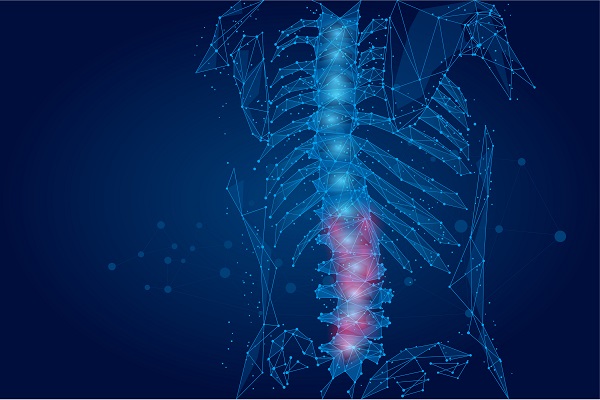Why Consider Laser Spine Surgery?

Laser spine surgery is a form of back surgery that is minimally invasive and involves passing a laser through a small incision. This procedure is performed on an outpatient basis, and patients can usually get back on their feet in no time. Continue reading to find out reasons to consider the procedure.
How laser spine surgery works
Laser spine surgery is an effective procedure for spine-related conditions such as herniated or bulging disc, pinched nerves, sciatica, spinal stenosis, and disc degeneration. The treatment corrects the affected tissue and protects healthy disc tissues. In the case of a herniated disc, only 5 to 10 percent of the disc’s tissue is often affected. With a laser, the surgeon can vaporize the herniated tissue. The high precision level prevents damage to surrounding bone and tissues, unlike traditional procedures.
As with most devices used during surgery, the surgeon will need to make an incision to insert a laser into the body. The mode of insertion and size of the incision depends on the technique and the tools being used – percutaneously (3mm), via an endoscope (8mm), via a minimally invasive tubular retractor (14-18mm), or an open incision (at least 3 inches).
The benefits of considering laser spine surgery
The disc repair procedure does not require drilling into the bone since that can weaken and destabilize the spine, resulting in potential complications that may necessitate a more invasive procedure. There is also no need to access the back through the stomach. Essentially, the process has no adverse impact on the spine’s stability. The endoscopic technique often involves the careful separation of spine tissues, all done through a small incision in the back.
The surgery aids the healing process. During the procedure, the surgeon will set conditions for the disc to heal independently rather than remove the affected disc and fix screws and rods to the spine. After vaporizing the herniation significantly, the body will heal on its own. Spine irritation will reduce, as well as the neurological symptoms caused by compressed nerve roots. As the body heals, the disc’s function will return to normal.
The procedure is effective for alleviating pain. Microdiscectomy and laminectomy operations are two common spine surgeries for treating pain, weakness, or numbness in the legs or arms. They are not meant to alleviate symptoms like back or neck pain. Laser spine surgery can reduce pain occurring in the arm and legs. This is the differentiating factor and makes it a preferred method of treating disc pain.
What to expect
A compressed nerve can cause pain and discomfort. This compression can be the result of a bone spur or herniated disc in the spine. A condition like sciatica where the sciatic nerve becomes compressed can cause pain around the lower back and leg. The surgeon can use lasers to remove pressure on the nerves to relieve pain. The operation is performed after administering local anesthesia so patients will not feel any pain in their back. Sedation can also be used.
In conclusion
Laser spine surgery is considered less invasive than other traditional back surgeries. Patients who need to undergo back surgery should discuss and evaluate potential treatment options with the doctor.
Get more information here: https://www.brainandspineni.com or call Brain and Spine Neuroscience Institute at (813) 751-2029
Check out what others are saying about our services on Google: Read our Google Reviews.
Related Posts
A stroke treatment center acts fast when a neurological emergency strikes, delivering critical care when timing matters most. These specialized teams move quickly, utilizing advanced diagnostics, efficient procedures, and coordinated support to manage even the most complex stroke cases effectively. Through quality care, patients and their loved ones can find a clearer path to recovery…
Neurostimulation offers a targeted way to manage symptoms from certain neurological disorders by sending gentle signals to precise areas of the nervous system. With careful planning, neurostimulation can reduce tremors, limit seizures, alleviate chronic pain, and enhance daily function without requiring major incisions.Neurostimulation uses a small, implantable system or an external device to deliver controlled…
Stem cell treatment shows promise for helping with neurological disorders by repairing and regrowing damaged cells in the nervous system. This advanced therapy is still being studied for its ability to support healing at a cellular level, potentially improving the patient's quality of life and daily function. Nevertheless, with continued advancements in medical research and…
When spinal cord compression interferes with mobility, sensation, or organ function, spinal cord surgery may offer relief and prevent further neurological decline. However, any intervention involving the central nervous system requires careful planning and informed decision-making. Understanding the pros and cons helps patients and families navigate this important choice with greater clarity.The primary goal of…
